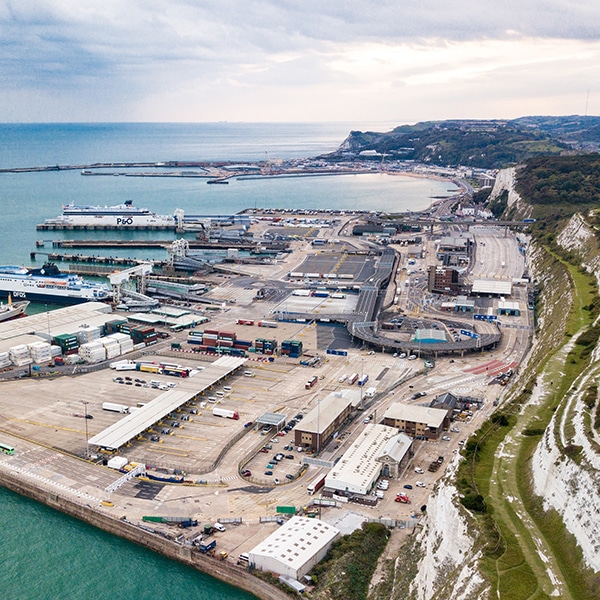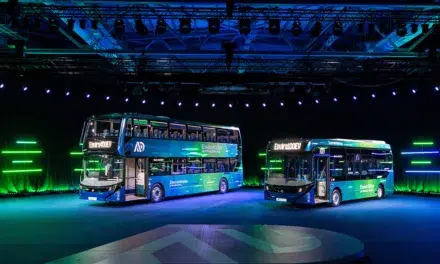More border staff, increased coach lanes and greater use of new technology provide the key to curing the congestion at the Port of Dover, says the Confederation of Passenger Transport (CPT) – the UK trade association for the coach sector.
This is in response to recent delays experienced by all road users, in particular thousands of students and holidaymakers who travelled by coach on the weekend of 1 and 2 April.
Approximately 2m passengers a year pass through Dover on coaches, many of whom are travelling for tourism. CPT has made it clear in a letter to the Port of Dover, it would oppose any restrictions on coach numbers, as it would be an unacceptable and backward step.
Instead, CPT is calling for adequate resourcing and proper preparation ahead of forthcoming busy periods.
Advertisement
Graham Vidler, Chief Executive of the Confederation of Passenger Transport, said: “Coach is the most efficient and environmentally-friendly way of moving large numbers of people across the Channel. Coach passengers should be welcomed and prioritised, rather than being made to wait hours due to unacceptable delays.
“This is why the Port of Dover needs to work with all parties to properly resource border control checks and the efficient embarkation of people and vehicles on to ferries.”
CPT is proposing the following solutions, so that all vehicles can access the Port without restrictions. These involve:
- Properly resourcing the border controls by providing more UK and French border staff to speed up passport checks.
- More coach priority lanes on the approach to the Port.
- Encouraging Irish and P&O ferries to introduce a driver ‘app’ like DFDS, which enables the provision of advance information. DFDS’ app reduces the onboarding time for coaches by around 15 minutes per vehicle.
Coach travel creates opportunities for large numbers of people to travel at affordable prices.














